We will spotlight minority cultures to educate about systemic racism.
We will lead towards action on how to defeat systemic racism.

Our weekly blog posts recap the work done
and adds insights into how we reflect on the education.

I began this project to solve my own challenge of educating myself about my own white privilege, and ultimately learning how to create action for change. I know other people want to see change as well, and they may also become passive like me when solutions are not easy to understand. I decided that I would take the result of my own eduction and share it to anyone who was interested. I brought in my oldest sons to learn with me, and to help curate an experience that they would also value.

We spent our time this week educating ourselves on the racist polices of redlining, microaggressions, and the impact of covid-19 on black owned businesses. We began with the residential security maps, created in 1935 to measure the risk associated with lending money for real-estate loans in minority neighborhoods throughout the US. The Federal Home Loan Bank Board requested the Home Owners' Loan Corporation create these maps to show lenders where to deny loans. The resulting maps have shaped our cities and the economic progress of minorities for nearly a century, and further solidified racist stereotypes. The highest risk neighborhoods on the maps were outlined in red, hence the name, redlining.

This week was spent taking a look at strengthening and leveraging the economics of minority groups, living while black, and the effects of the covid-19 pandemic on minorities.

The topic of policing started off our week as we focused on understand the overall issues and look for constructive ways to help. We learned that 28% of the 1000 Americans killed by police annually are black, despite being only 13% of the population. So far in 2020, there have already been 528 people have been killed by police.

Confederate memorials are an important discussion, and we have covered in the past how they are racist, microaggressions, and represent white supremacy. We wanted to dive deeper into the issue this week and find out more about why the US has so many. We researched and found that over the past ten years alone, Americans have contributed over $40M in tax revenue to fund Confederate memorials. Many of us would find that fact objectionable, since we do not support the white supremest ideals that they stand for.
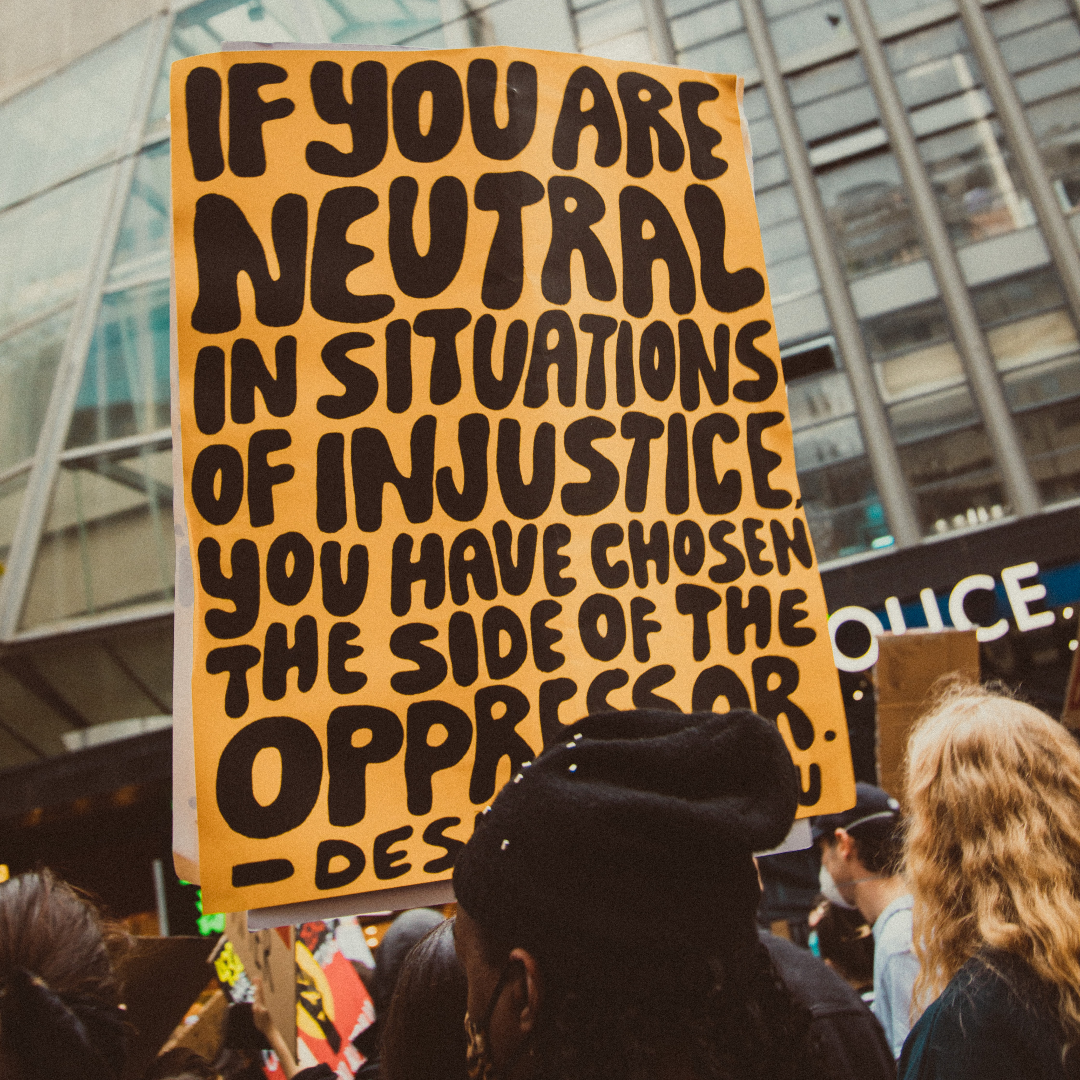
Black Lives Matter protests sprang up in Portland on 5/26/20, like many cities in the US, after the death of George Floyd by a police officer. On 6/26/20 the president signed an executive order to send federal police to protect federal property, a performative authoritarian move to sent 114 federal police to Portland to quell the largely peaceful protests. The protests in Portland occupy just 2 city blocks around the county Justice Center and a federal courthouse.
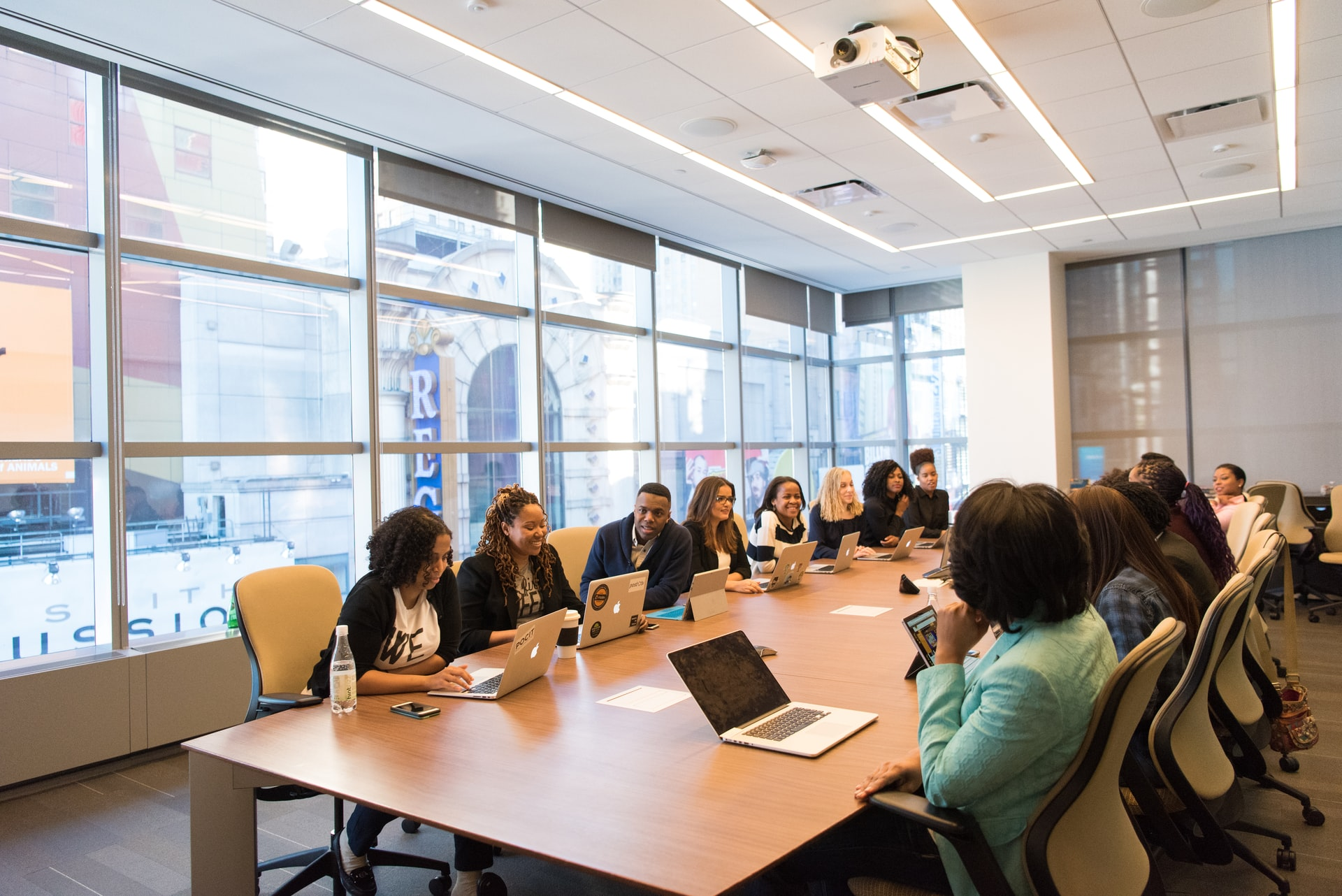
As we look inward this week, we highlighted how inclusive leadership benefits the organization, and we can use this strategy anywhere we are in positions of leadership. Inclusive leaders use diverse talent to drive performance towards a shared vision. Repeated studies show the increase in productivity and reduced risk by leveraging a diverse perspective.
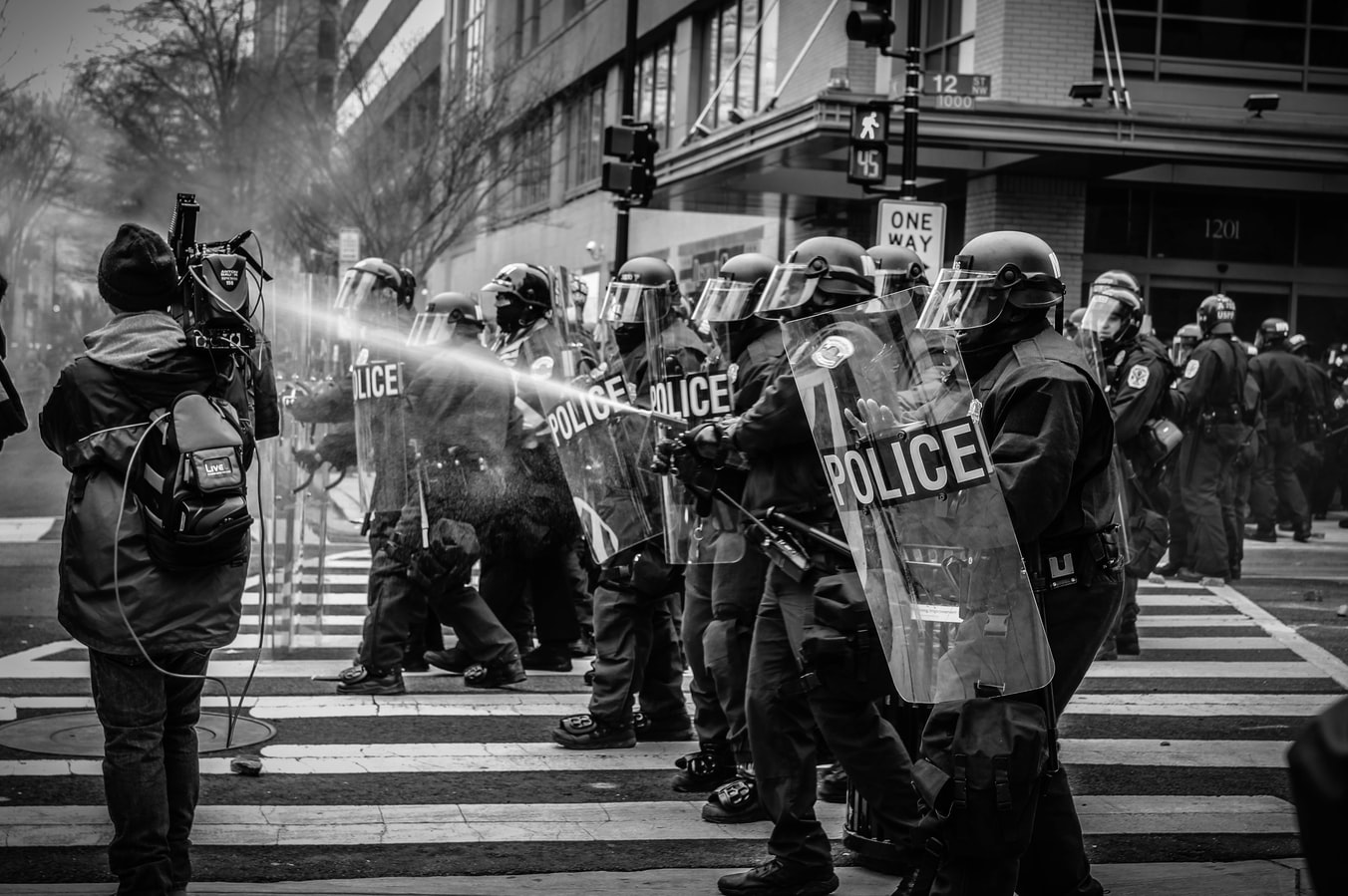
We continue to monitor the Black Lives Matter protests, unlawful Department of Homeland Security escalation of violence at protests, and how we can become allies by calling for congressional oversight. Escalation of violence without preparing for systemic change is not the solution to the problem of why people are protesting.
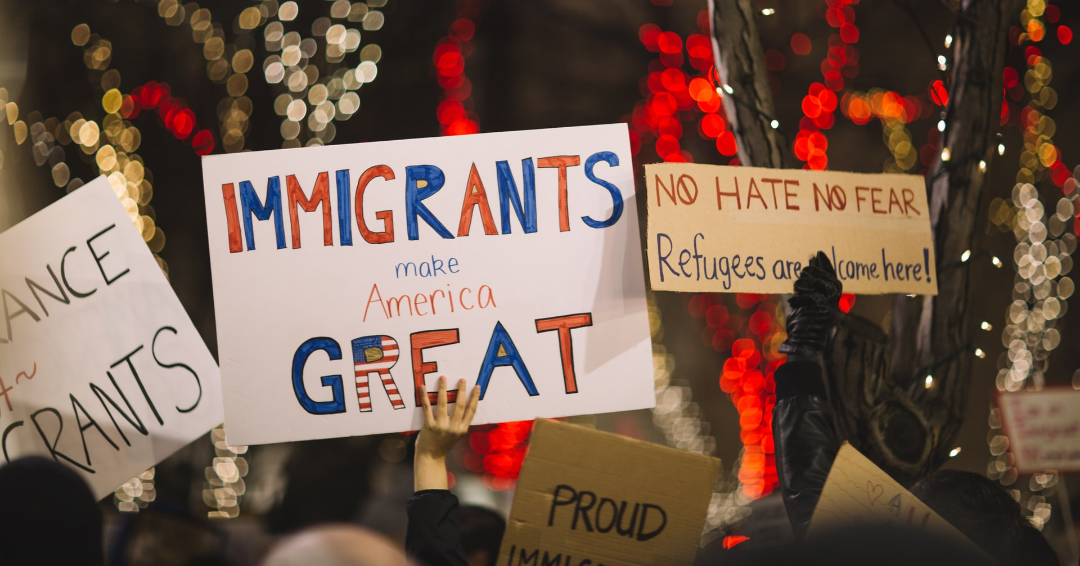
This week we looked into the birther conspiracies so that we could push back on these racist actions. The birther movement was a white supremacy rumor that was popularized in 2007 by Trump during Barak Obama’s presidential campaign. Trump stated that he did not believe that Obama was born in the US, making him ineligible for the presidency.

Schools across america are using racist innacurate textbooks made by the three largest publishers of history textbooks, MacDougal, Littel, and Hill. We explore the extent of the racism in history textbooks, and some alternatives that may serve to unwrite the subtle systematic racism taught to students.
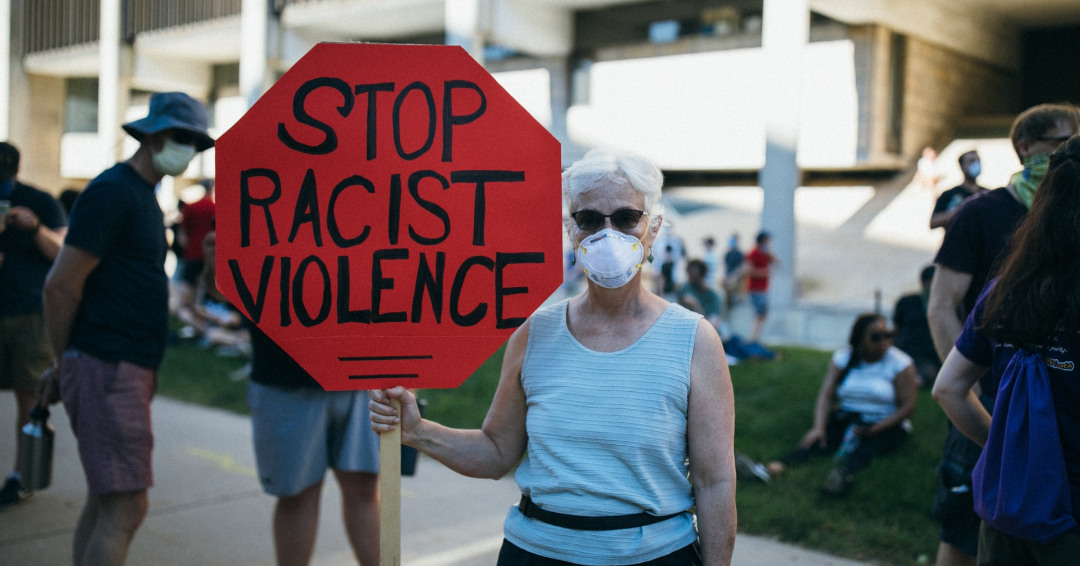
Jacob Blake was unarmed when shot in the back 7x by police in Kenosha, WI in front of his 3 children. The details are being investigated, but Jacob was held by his shirt when he entered his car as the police needlessly escalated the situation. They had his license plate information if he were to be later charged.

Voting is the most powerful way that we can be allies and fix systematic racism. We aim to elect antiracists, individuals or parties that match our ideals, and policies that no longer oppress people groups. This week, we were working on preparedness for the upcoming elections and making sure that we are ready to vote.

As we continue to discuss the upcoming election, we take a look at some of the racist legistlation that currently blocks many minorities from voting in many states, including voter ID requirements and redistricting.
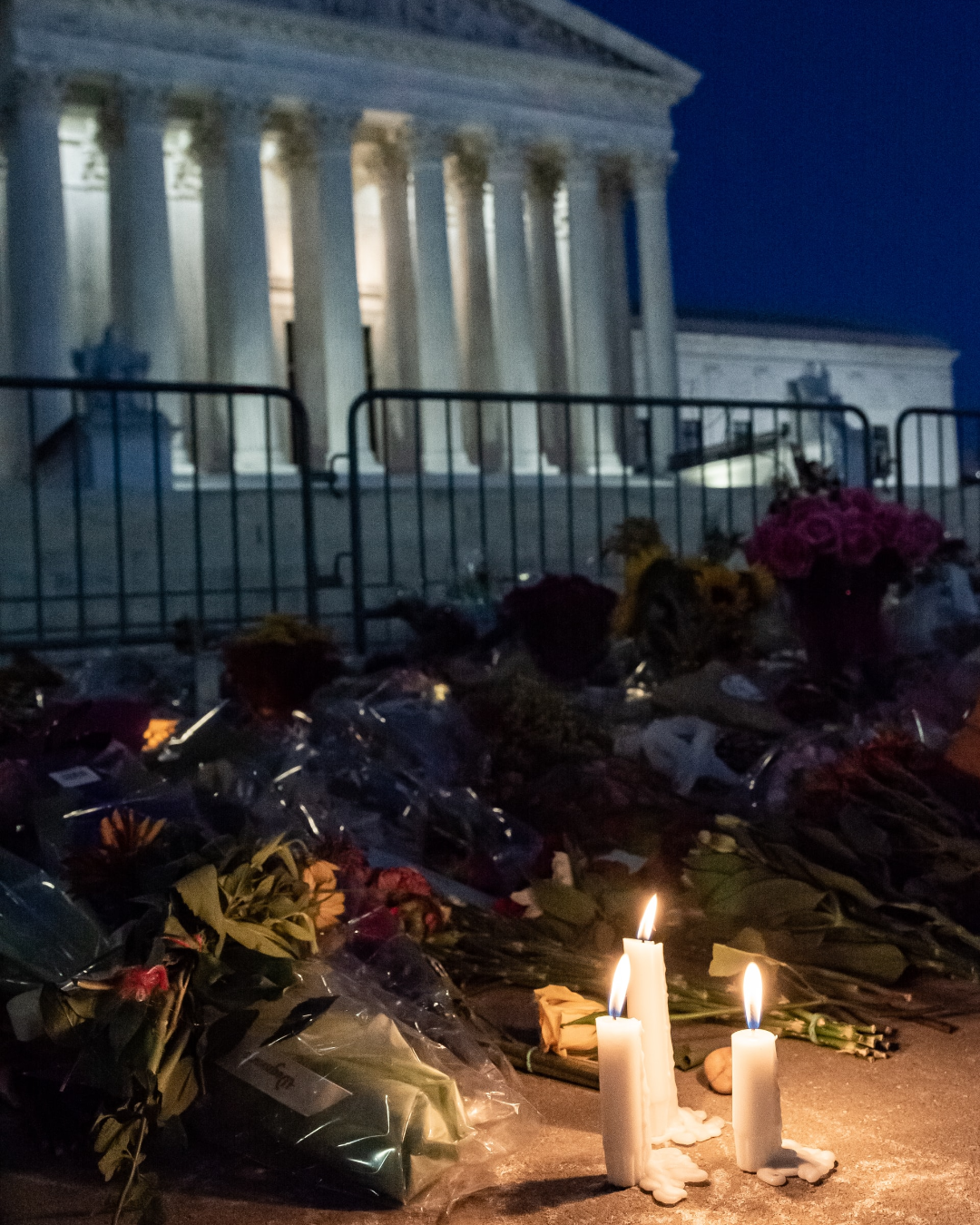
We mourn the loss of Ruth Bader Ginsburg, who passed away on 9/18/20, but leaves behind a legacy of fighting for equality and equal protection throughout her career. She is an American hero and has even become a pop culture icon. She famously instructed to “fight for the things that you care about, but do it in a way that will lead others to join you."
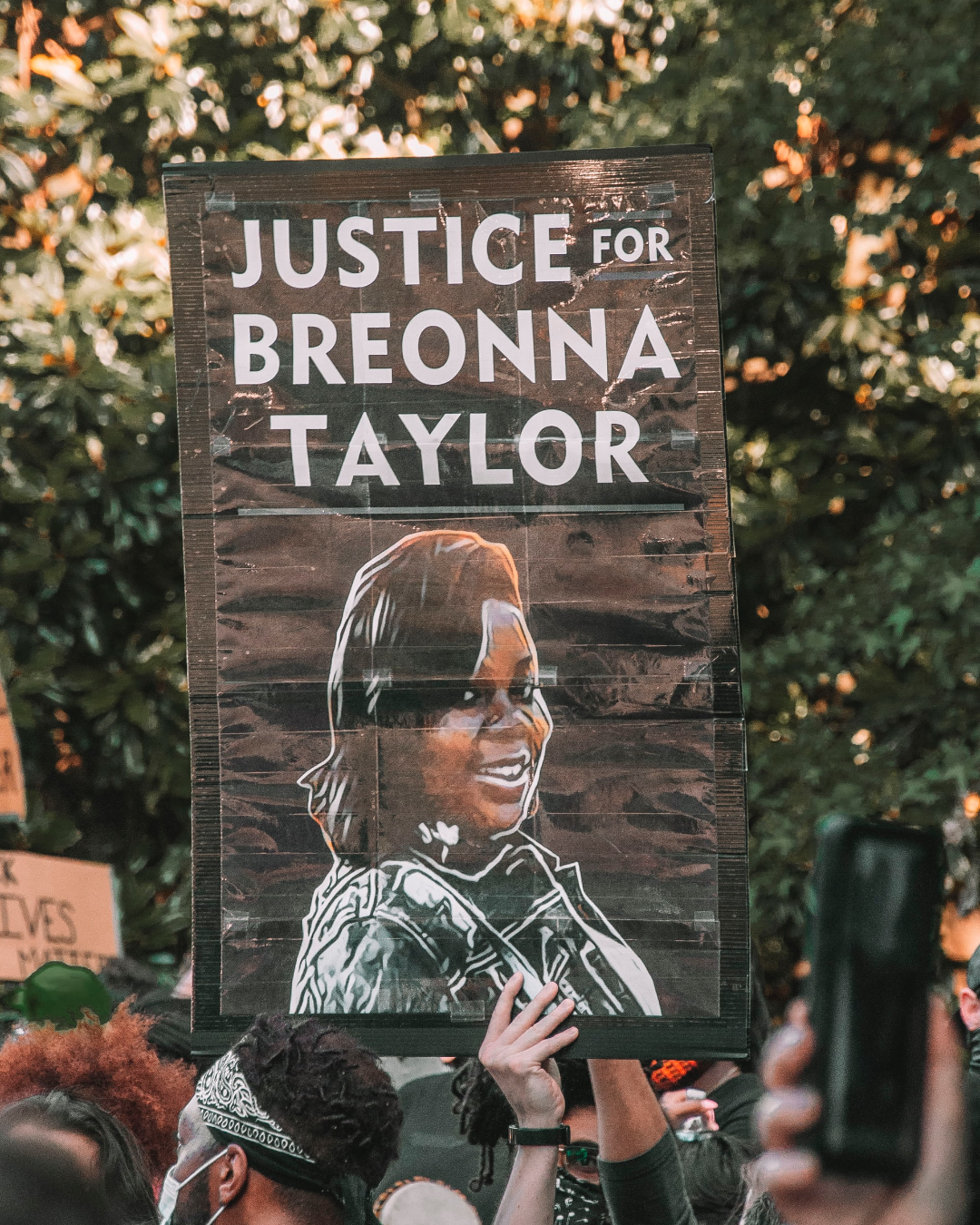
On 3/13/2020, 3 Louisville, Kentucky policemen broke down the door of an apartment and proceeded with a no-knock search warrant. Breonna Taylor’s apartment was targeted by mistake, with unfounded claims of drugs being shipped there. Breonna’s partner, Kenneth Walker fired a warning shot down the hallway when their apartment had been broken into, as they thought it was a home invasion. The warning shot hit the lead officer in the leg, and a barrage of bullets were fired back towards Breonna and Kenneth. 32 shots were fired by the police in total, 6 of them hitting Breonna and killing her.

Continuing to educate yourself about equality problems, data, and solutions helps you understand the bigger picture, builds empathy, and can show you how to fight for equality.
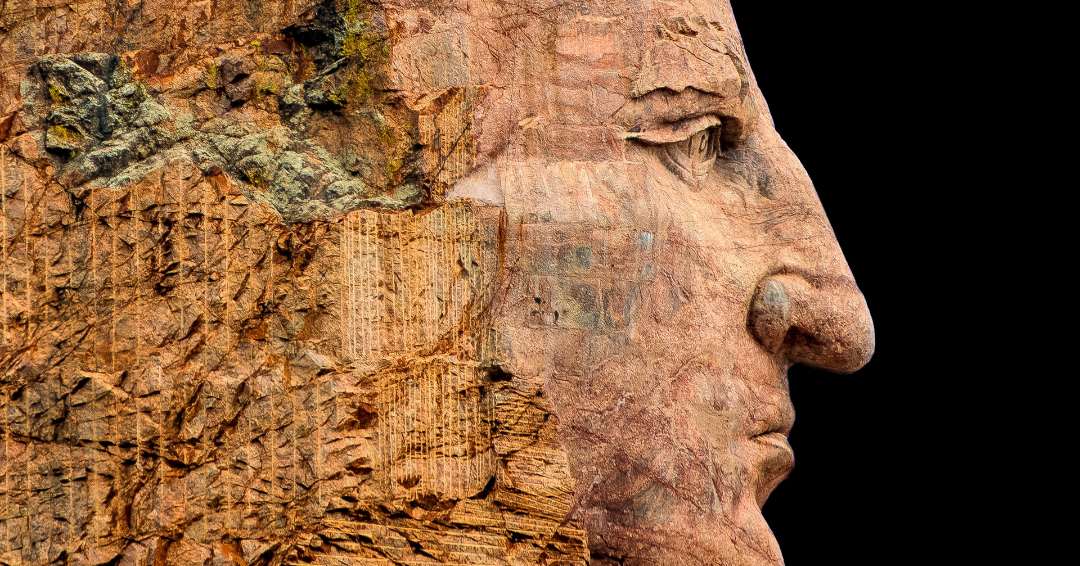
This week started off with Columbus Day in the US, though some states and cities have changed to celebrate Indigenous People’s Day instead due to the atrocities that Christopher Columbus inflicted upon the native people he encountered.
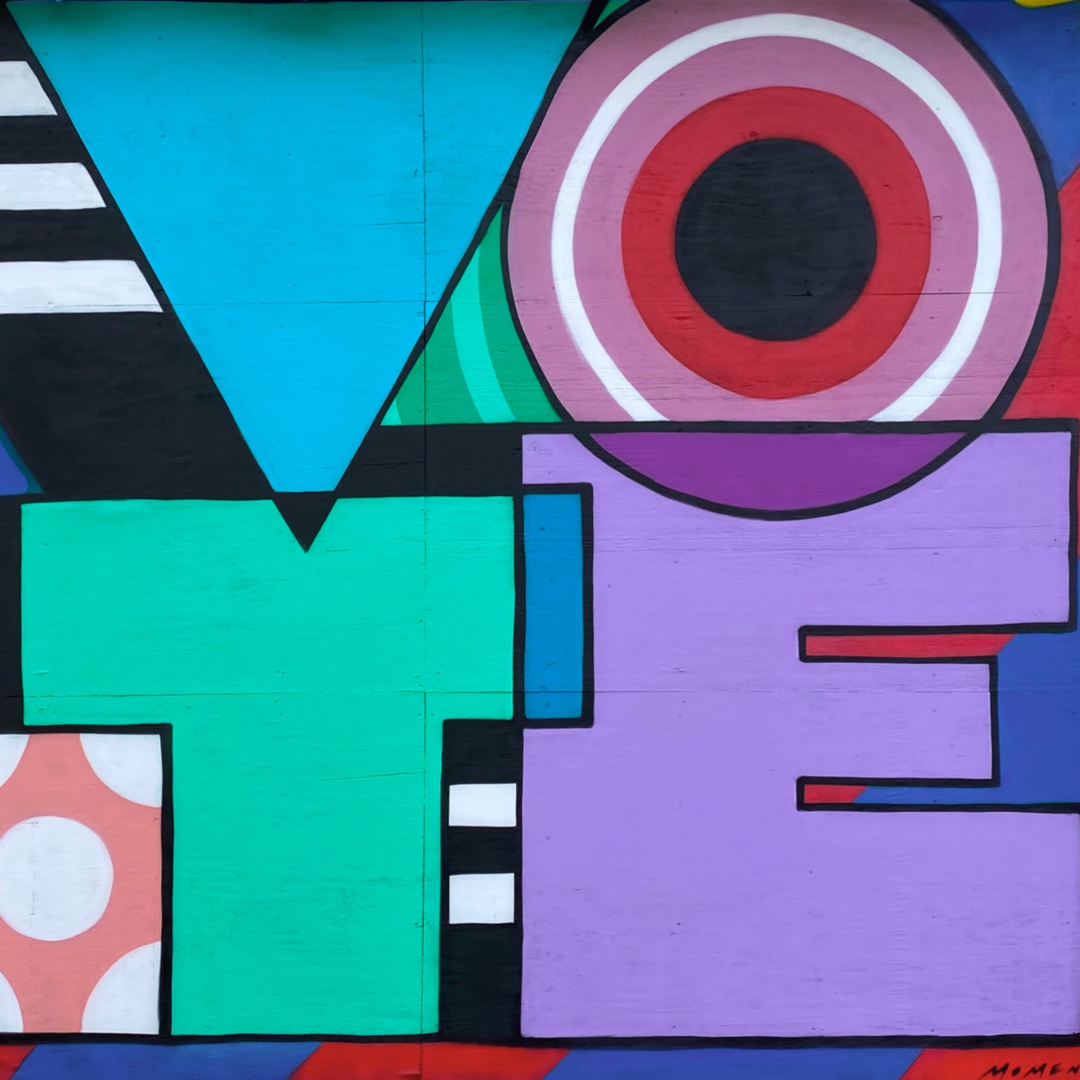
With the upcoming elections, it is imperative that we all vote, but it can be difficult to know how to participate. Less than 60% of eligible adults vote in presidential elections and less than 50% vote in midterm elections. Your interests are the causes that are important to you and the people that you care about.
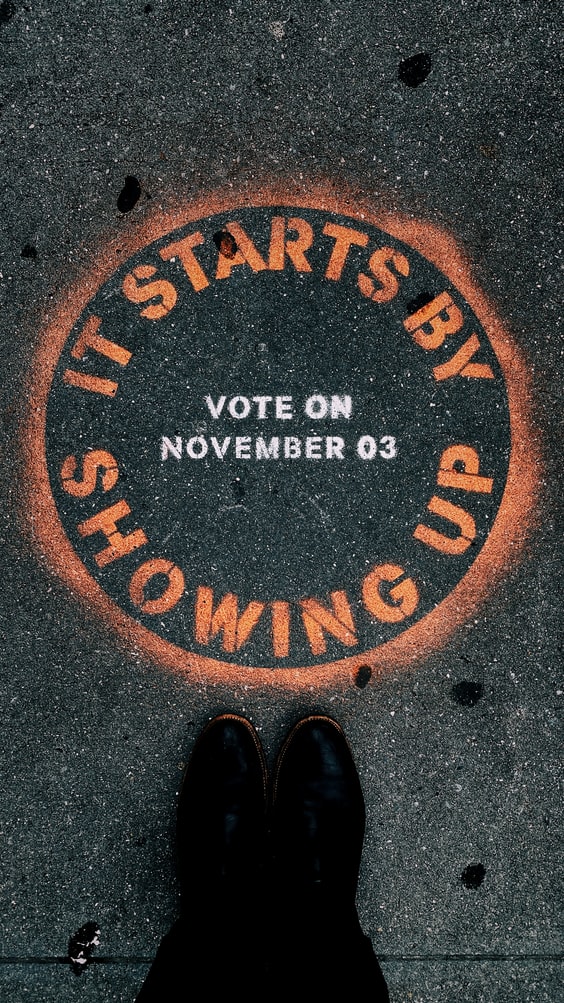
With the elections just 2 days away, we examine the need for safety during covid. We include the CDC recommendations for poll workers and voters, as well as how to know if people are wearing masks in your area, along with how and to whom to report safety infractions.

Joe Biden and Kamala Harris have won the US presidential election with the highest vote totals ever. While individual votes are still being counted, the Biden/Harris combination are ahead by over 4 million votes nationally.
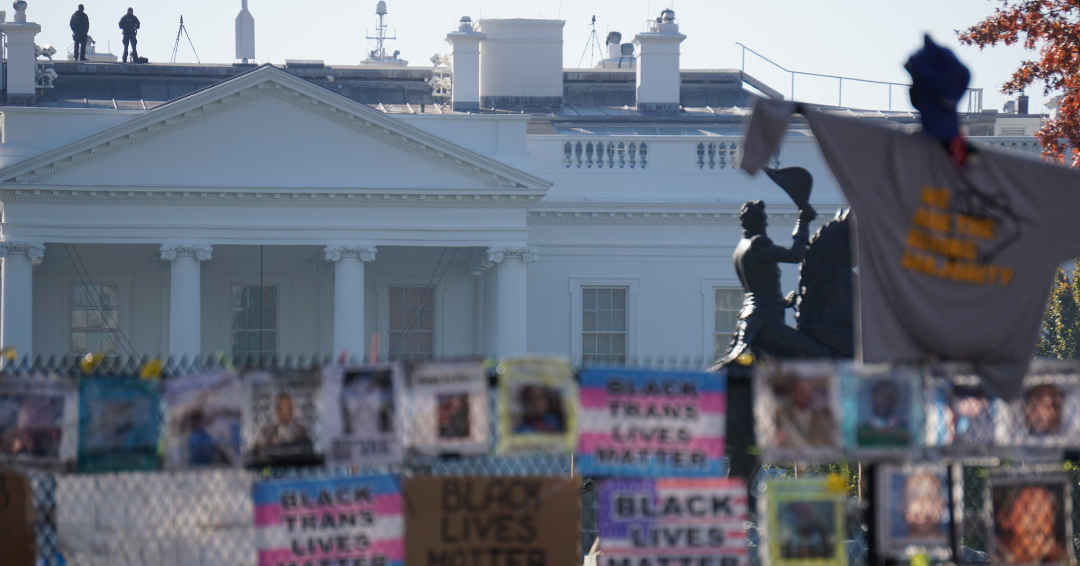
President-elect Biden has committed to building a government that looks like America and creating an inclusive cabinet. We took the opportunity to suggest cabinet members to help fight systemic racism.

As we look to the next four years under President-elect Biden and VP Harris, we are hopeful for the opportunity to reset the equality failures of the last four years.

This week is commonly associated with US Thanksgiving and turkeys, but it should be viewed through the eyes of the Native American as well as the European participants. November is National Native American Heritage Month, which began as a week to celebrate the indigenous people in 1986, and became a month in 1990. Take time to learn history through their experiences.
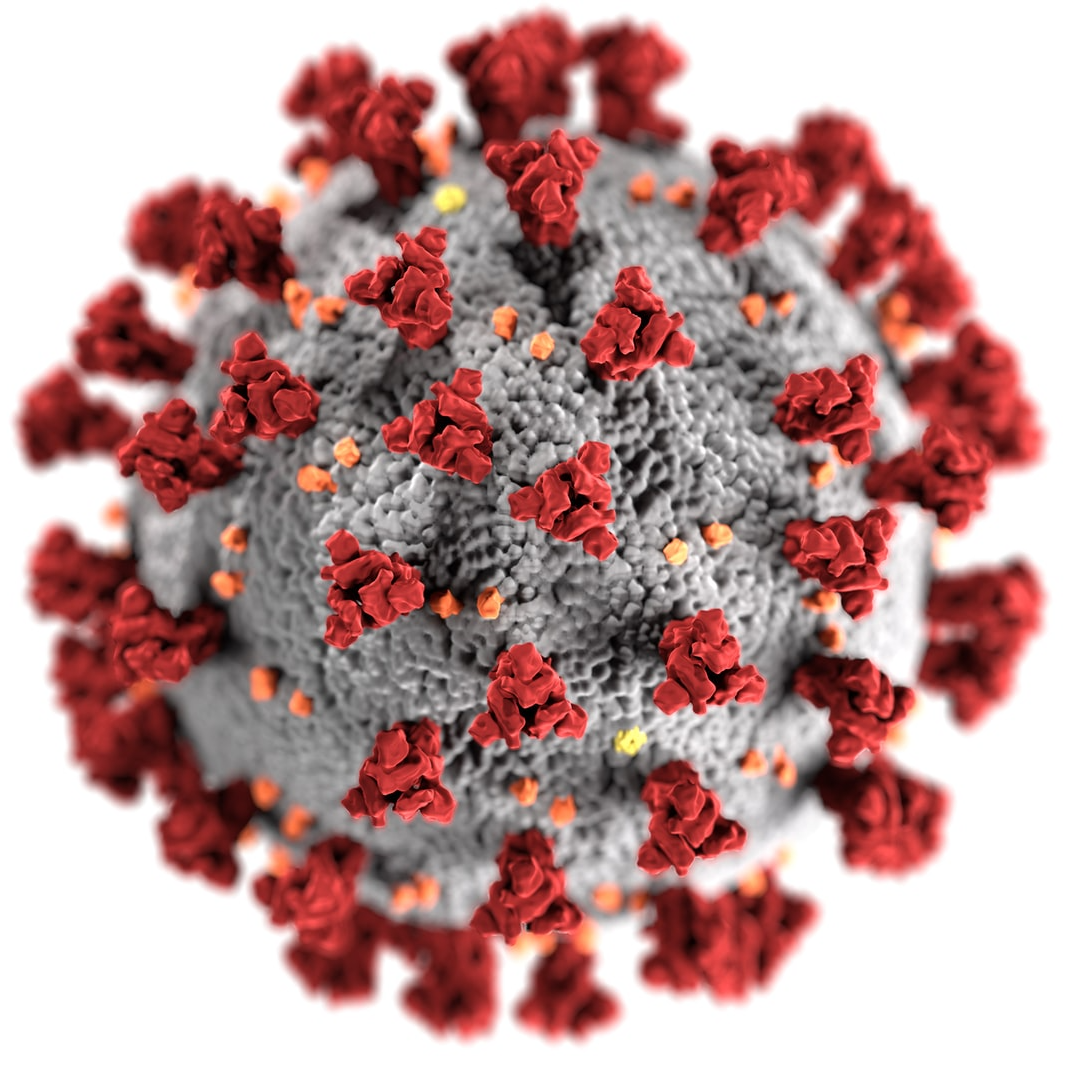
Earlier in the year, we looked into how covid-19 impacted minority races more due to inequalities in healthcare and essential jobs. We are reflecting this week on following up to the tracking of the racial disparity revealed that, as of Fall 2020, covid-19 rates for minority groups are higher than whites.

World maps have been influencing people, leaders, and countries for centuries to show culturally white groups as dominant. The world map most commonly used was created by Gerardus Mercator in 1569. It is based on a cylinder rather than a sphere, and distorts the shapes of land the farther from the middle.

We wanted to take a closer look at the HR40 bill before Congress, as the year is winding down, this represents 31 years of not passing this bill and 158 years of denying former slaves and descendants any reparations. Other countries have attempted to compensate after atrocities.
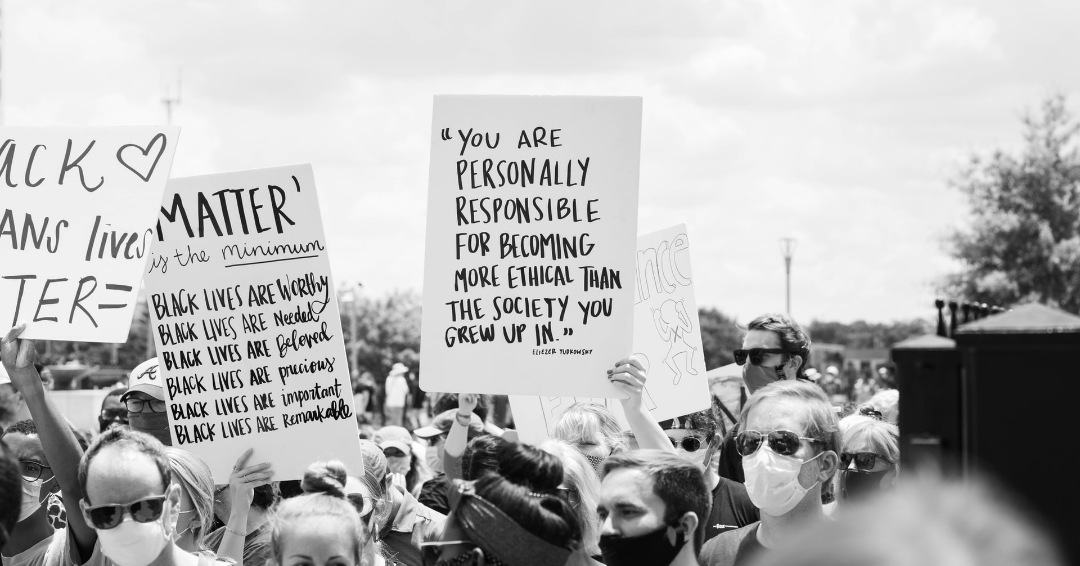
Many racist memorials exist in the US, and there are successful removals or renaming every week. Virginia removed their statue of Robert E. Lee from the US Capitol building. It will be replaced by a statue of Barbara Rose Johns, who fought for civil rights instead of fighting for enslavement.

This week we were looking into the racial wealth gap, which is the difference in wealth of white versus black families. The gap is estimated at $154k per family, with white families averaging $171k of wealth per family and the black families averaging $17k per family.

For this new year, we wanted to take a fresh look at being an ally and how to get started. The US has had a civil rights wakeup call in 2020 unlike any time since the 1960s, and we have an opportunity to support equality as an ally. Allies are individuals who act as collaborators, accomplices, and coconspirators to fight systemic racism and create equality.
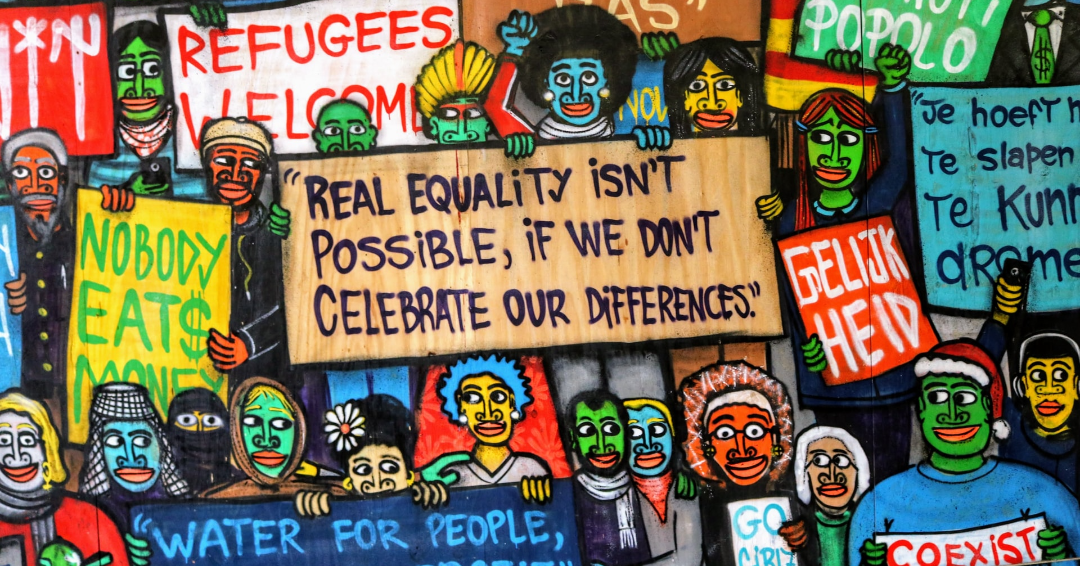
We wanted to follow up last week’s topics of how to be an ally with how to take action like an ally. We believe in doing more than just learning, but to take that knowledge and applying it to remove systems of inequality.
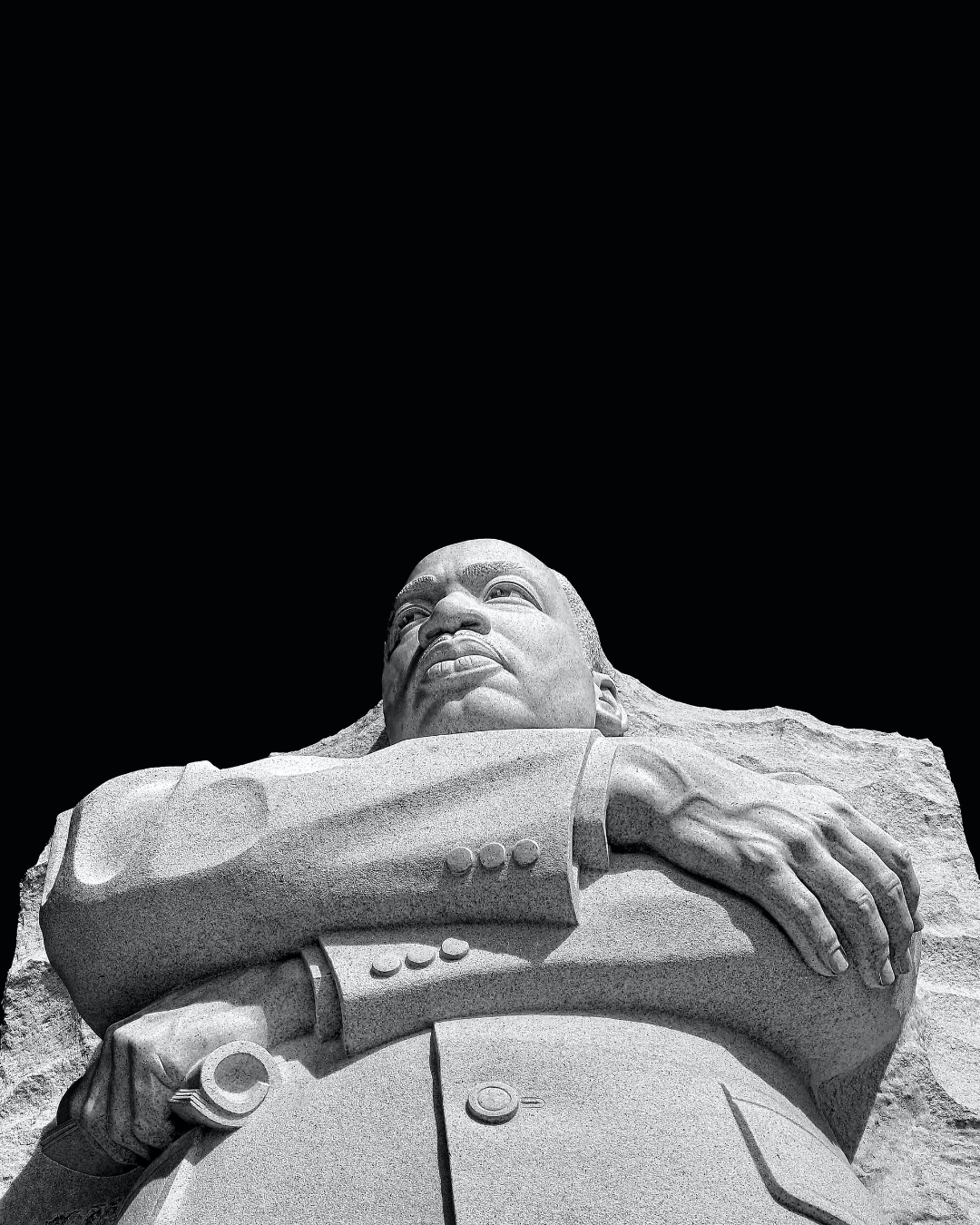
We celebrated Martin Luther King, Jr Day, a federal holiday on 1/18/21, and we spent the week reflecting on some of his famous quotes and how the holiday came to be. There is a lesson in racism and overcoming racist systems even in the genesis story of the holiday. Martin Luther King, Jr. Day is celebrated on the 3rd Monday in January and is a day of reflection and service to honor his legacy of fighting for civil rights.

This week was a sea change for the US, with 45 executive orders issued by President Biden. 7 of the executive orders dealt with equality by establishing new laws, process changes, and proclamations rebuking racism. A brief overview of the orders: